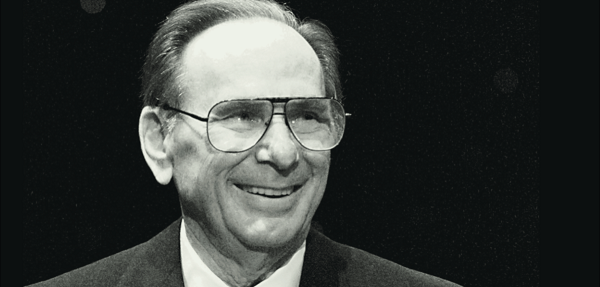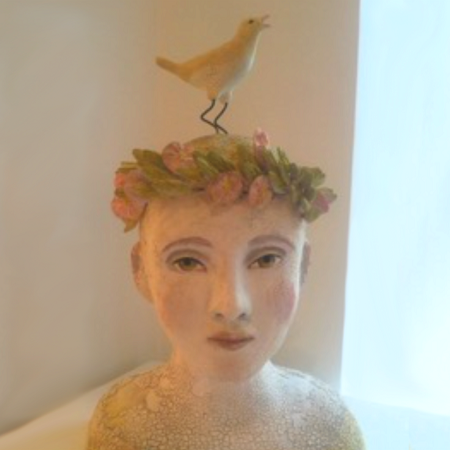THIS WEEK’S MUSE
HAL DAVID, LYRICIST

“In writing, I search for believability, simplicity and emotional impact.”
There is an ongoing debate among literary commentators as to whether the lyrics of a song can be considered poetry. And by association, whether a lyric writer is a poet. While some are adamant they are disciplines entirely unconnected and that ‘poetic’ is not ‘poetry,’ others call upon the evidence of Bob Dylan, Joni Mitchell, or Leonard Cohen to argue that lyrics are poetry in every way. It’s not just about dictionary definitions or formal literary devices; there’s emotion and opinion at work too.
Harold Lane David, one of the most celebrated lyricists of the 20th century, was clear when he said, “poems are written to be read and lyrics are written to be sung.” Given that his words have been sung by Bing Crosby, Perry Como, Dionne Warwick, Aretha Franklin, Louis Armstrong, Shirley Bassey, Tom Jones, Dusty Springfield, Karen Carpenter, and many more, he was in a reasonable position to cast opinion.
David grew up in Brooklyn, New York, in the 1930s, playing in orchestras and bands. After World War 2, he set out to be a songwriter, initially writing music and words in his early career. He was precise in his ambitions, but success came slowly, and only in the late 1950s did he begin to make a name for himself.
“You have to believe in yourself all the way,’ he said. “You’ve got to throw off the discouragement and move forward.”
That self-belief was rewarded, with four Oscar and six Grammy nominations (a winner once for each), and the lyricist for over 40 top ten hits.
David’s writing style is deceptive. Read his words on paper; they appear light, simple, and even naive. His rhythms and rhymes seem superficial, his meter unsophisticated. But listen to them as a part of the song, and everything makes sense; set to music, the sun comes out, and the color floods in. His technical skill and economy of words when telling a story – that also has to blend perfectly with a melody – is a joy to behold.
His ‘secret’ may be crudely described in two ways. First, he is careful not to be too poetic. Using overelaborate imagery, sophisticated literary devices, or too many words can be off-putting in a song. “Trying too hard to be different…can often result in lyrics that simply sound pretentious and self-indulgent. If your lyrics don’t come across as genuine, listeners may find it hard to connect with your song.” Second, he is acutely aware of “doing the music justice.” Using just a few lines of words to tell a story that will provoke emotion, that is also set within a melody of fixed length and duration, requires great skill, not least control, and restraint.
“Often I discard a good line because it is inconsistent with the basic idea. If the line happens to be witty or sad in a particularly fresh way it hurts me to take it out. But that’s part of the pain of writing.”
Unlike many of his collaborators, David was rarely hip or glamorous and didn’t seek the limelight that his success generated. Instead, he was a suit-and-tie figure from an earlier generation; modest, unassuming, and private. Was he a poet? His words were sung and heard rather than read, so he would probably say not by his definition. But many others who’ve been moved to great emotion, joy, tears, love, and happiness by his words may disagree.
“I’m never gonna stop the rain by complainin’.”
HAPPENING
Six Tuesdays, from May 2, 2–4:30p

INTRO TO HANDBUILDING
With Kathleen Kendall
Explore and discover the amazing possibilities of clay.
Member: $245, Non-member: $275
